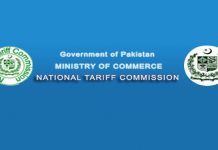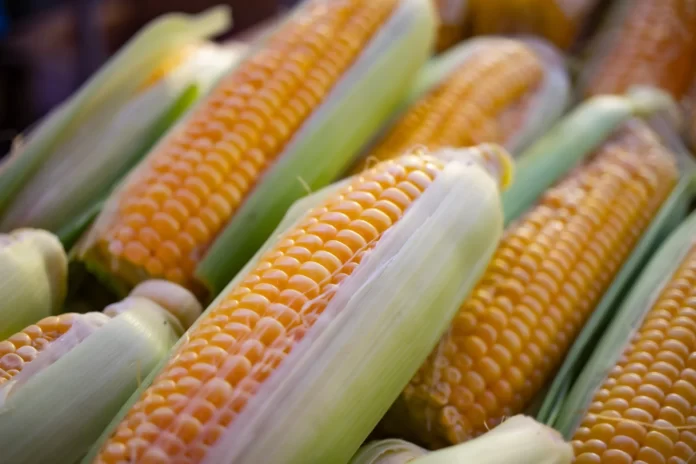Pakistan’s maize exports have suffered a drastic 87.19% decline in the first three months of 2025, following a remarkable surge in 2024, as revealed by the latest trade data from the Department of Plant Protection (DPP). This sharp downturn has raised concerns among farmers, traders, and economists regarding sustainability, market stability, and the government’s mismanagement of phytosanitary policies that regulate the export of maize and other agricultural commodities.
According to available data for the week ending March 29, 2025, Pakistani exporters shipped 147,057.57 metric tons of maize to 46 countries in the first quarter of 2023 for feed and food purposes. This figure experienced unprecedented 185.2% growth in 2024, reaching 419,432.67 metric tons across 34 countries in the same period. However, in the first three months of 2025, maize exports collapsed to just 53,725.85 metric tons, restricted to only 12 countries. This marks an 87.19% crash compared to the same period in 2024 and a 63.46% decline from 2023.
Further data highlights that maize exports to Bahrain, Bangladesh, Brunei Darussalam, China, France, Indonesia, Kazakhstan, Kenya, the Kingdom of Saudi Arabia, Kuwait, Madagascar, Romania, Seychelles, Singapore, Somalia, Timor-Leste, and Vietnam from January to March 29, 2025, dropped to zero, indicating a complete halt in trade with these nations. The content in this publication is expensive to produce. But unlike other journalistic outfits, business publications have to cover the very organizations that directly give them advertisements. Hence, this large source of revenue, which is the lifeblood of other media houses, is severely compromised on account of Profit’s no-compromise policy when it comes to our reporting. No wonder, Profit has lost multiple ad deals, worth tens of millions of rupees, due to stories that held big businesses to account. Hence, for our work to continue unfettered, it must be supported by discerning readers who know the value of quality business journalism, not just for the economy but for the society as a whole.To read the full article, subscribe and support independent business journalism in Pakistan

























